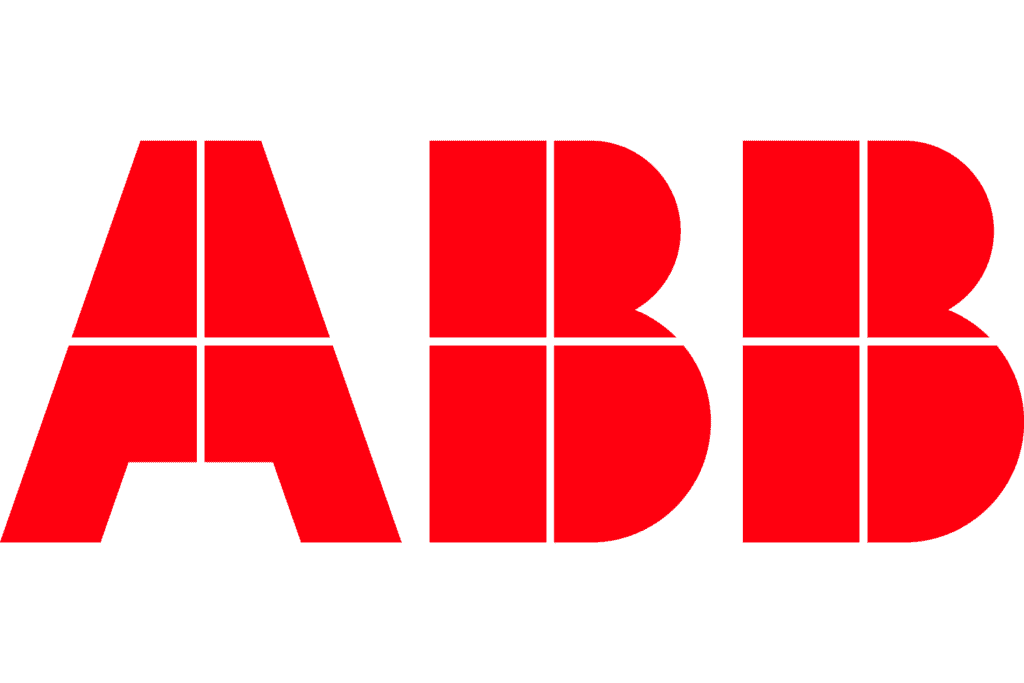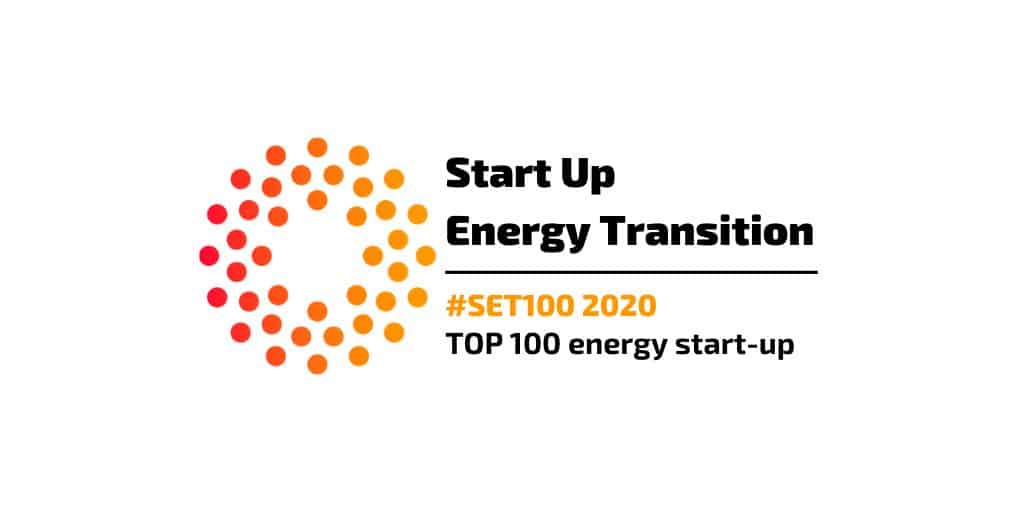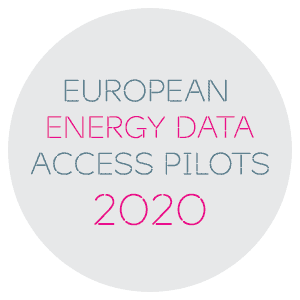In this article you’ll be introduced to weather data use cases and the importance of weather data within the renewable energy and digital landscape. We also do a deeper dive into alternative APIs for ‘Dark Sky’, provider of hyper-local weather forecasting, whose API will be shut down entirely by 2022.
Weather plays a central role in the energy industry, most notably within the renewables sector where intermittent generation is so dependent on suitable meteorological conditions. From selection of infrastructure location and ongoing site maintenance to maintaining the delicate balance between supply and demand and influencing market prices, weather can have a far-reaching impact.
As we look to expand renewables production this decade (see our article on the Fit for 55 package for more info on Europe’s new targets), simple access to high-quality integrated weather data to mitigate the increasing vulnerability to the elements becomes even more important. Weather is impossible to control but data-led intelligence enables the energy industry to accurately predict meteorological conditions and make decisions accordingly – both in short-term day-to day operations and in longer-term strategic planning.
Weather data uses within energy
Weather forecasting data goes far beyond standard temperature, windspeed and rainfall measurements. Alongside complex analytics, historic data can reveal meteorological trends which are used in determining the most suitable locations for the development of renewable infrastructure with maximum production potential. Wind farms, for example, require a mean wind speed at turbine hub height of 8m/s to be considered ‘excellent’ and historic wind speed data can offer an insight into locations where this looks likely to be possible. When planning new solar installations, assets owners and indeed potential investors need to examine historic weather data which includes not only the level of sunshine hours but also parameters such as hail forecasts and wind speeds to ensure that the site can deliver on an expected yield and withstand adverse conditions – both important for maximum profitability and financial return on investment.
Long-term climate data, incorporating risk modelling for extreme weather events based on climate change analysis, is also used to simulate the impact of such events on facilities and flag potential service interruptions by predicting large-scale weather patterns. Working hand-in-hand with more short-term real-time meteorological information, this data can also play a key role for asset owners looking to mitigate potential damage caused by incoming bad weather. This is relevant beyond renewables – consider the complex data analytics required for off-shore oil and gas platforms which are more exposed to some of the most extreme weather conditions.
Real-time weather data is operationally vital to ease the challenge of volatility that comes with renewable energy generation in particular. Uniquely, both demand and supply can be affected by weather – cold, still, low cloud weather spikes, for example, drive up demand for heating while simultaneously driving down wind and solar production. For grid operators, this unpredictable inconsistency can make balancing difficult. Weather data provides intelligence on the expected volume of renewable energy being fed into the grid, feeding into operational decision-making, and enabling operators to make real-time changes such as reconfiguring transmission network paths based on incoming weather trajectories. This demonstrates well how vital it is for smart grids to be able to integrate and analyse vast quantities of big data in order to perform at maximum efficiency.
The fluctuations in generation and transmission that come from unpredictable weather conditions also have an effect on electricity prices. Put simply, as the weather changes, so too do the prices. For energy traders, the integration of weather forecasting intelligence – both short and long-range forecasts – with complex pricing models is hugely important to anticipate likely changes in both demand and supply. In such a complex sector, the opportunity to match accurate forecast sources to constantly changing portfolio needs offers an unrivalled competitive advantage for traders.
Digital integration challenges and opportunities
As we’ve seen, the energy industry is a widespread user of weather and climate data. Forecasting tools and products are no doubt becoming more technologically sophisticated but there are still significant challenges in integrating them with existing energy IT architecture. It is a barrier that we have seen with energy data across the value chain – procurement and account management processes are traditionally long and carried out offline, making data sourcing and integration a resource-heavy operation. As the renewable sector (and indeed the energy industry as a whole) rapidly evolves, we need to streamline the exchange of precision weather data, making the communication between provider and user far more efficient.
The use of weather data APIs is the most operationally efficient method to do so and can offer a simple data access solution for weather packages tailormade for the energy sector. Last year, one of the most high-profile weather data sources, Dark Sky, announced its acquisition by Apple. Dark Sky offered hyper-local weather forecasting, and, alongside its own standalone app, its API was used as a major source of relatively inexpensive weather data for many third parties, including those within energy. The news that Dark Sky would be shuttering its API entirely by 2022 opened the door to the many alternative weather API options, each offering a wide range of weather intelligence capabilities and many demonstrating functionality particularly suited to the energy industry needs.
Here are some Dark Sky alternative suggestions on the re.alto marketplace:
- The Visual Crossing Timeline Weather API combines historical observations, current 15-day forecasts and statistical weather forecasts in one single consolidated dataset via API call in JSON format.
- UBIMET offers a highly accurate weather API to optimise price models and spot market forecasts for energy suppliers and direct sellers. The API includes weather forecasts for countries, network regions and metropolitan areas as well as population-weighted energy trade forecasts and accurate real-time weather analysis.
- The Meteomatics REST-style API retrieves historic, current and forecast data globally, including model data and observational data in time series and are











